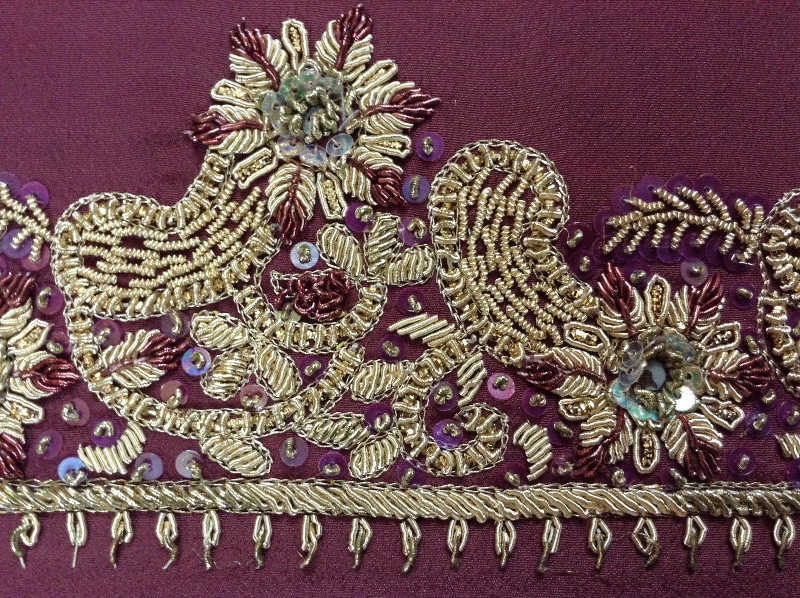===
0923,
1
===

=== |
 |
āshnāʾī : 'Acquaintance, friendship, intimacy, familiarity; connection, relationship; connection by marriage; illicit love, carnal intercourse'. (Platts p.58)
mūnā : 'To die, expire.' (Platts p.1094)
ban'nā : 'To be made, constructed, built; to be created, formed, fashioned, produced, fabricated, invented; to be prepared, got ready, be done, finished or completed; to be cooked or dressed; to be managed, executed, effected; to be composed; to be mended, repaired, or adjusted: to be improved, be made presentable, palatable, &c.; to be established, be set up'. (Platts p.172)
bāt ban'nā : 'To be successful, prove a success, answer well; to gain credit or honour, to prosper, flourish'. (Platts p.117)
bane hai is an archaic form of, in this case, bantā hai (or conceivably bantī hai ).
FWP:
Note for grammar fans: SRF takes bane hai to be an archaic form of bantā hai (see the definition above). In modern usage, there's also the similar idiom bāt ban'nā , with the bāt usually being colloquially omitted. But the general idea is the same in either case: that only upon dying would one's situation be satisfactory, successful, desirably rounded off. The lover would 'never be content without' dying; he would 'never rest until' he died; for him 'nothing would do but' dying.